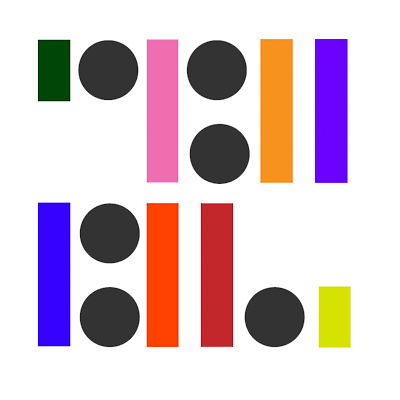autonomous generative spirit
INTERACTIVE MACHINE LEARNING FOR ARTIST
Autonomous Generative Spirit is an intensive four-week program led by artists Gene Kogan and Andreas Refsgaard. Machine learning is a branch of artificial intelligence concerned with the design of data-driven programs which autonomously demonstrate intelligent behavior in a variety of domains. Machine learning systems are all around us, silently underpinning the fabric of our digital infrastructure, discriminating spam e-mail and banking fraud, making light-speed transactions in the global financial market, guiding self-driving vehicles, recommending music and films for customers to buy, deciding what search results are relevant to your queries, and countless more of the daily interactions with electronic media that we take for granted. Machine learning has gained rapid interest from the digital arts community, with the recent appearance of numerous artistic hacks of scientific research, such as Deepdream, Stylenet, NeuralTalk, Pix2Pix, WaveNet, and others. Creative re-appropriation of these techniques is necessary to refocus machine learning's influence on those things which we care about. Artistic metaphors help clarify that which is otherwise shrouded by layers of academic jargon, making these highly specialized subjects more accessible to everyday people. Taking such an approach, we can repurpose these academic tools and harness their capabilities for creative expression and empowerment. Most interestingly, machine learning enables large-scale collaboration, allowing many separate components to be integrated into a common creation. This course will explore this further.
• 6 August - 31 August 2018
• four weeks, full-time in Berlin, Germany
• 10-15 participants accepted
• Based in LIEBIG12
Pricing
Artist / Student (Full Time)*
€1950
Professional*
€2250
course
description
In the first half of this course, students will be introduced to the field of machine learning as a subject for artistic practice and interdisciplinary research. In Week 1, students will learn how to program self-adapting instruments for real-time musical and visual expression, using Wekinator along with a suite of real-time software applications from ml4a.
In Week 2, we will switch focus onto deep generative models, a class of algorithms for visual, sound, and text-based synthesis. We will use various libraries made by deep learning researchers, and learn how to connect their outputs to the instruments we built in Week 1. Additionally, we will also give a practical and conceptual understanding of machine learning theory, explaining, analyzing, and dissecting simple and deep neural networks.
The goal of the second half of the course will be for the whole class and the instructors to collaborate on a single, unified, large-scale, audiovisual interactive installation to be
exhibited on the final day of the course: what we call it an “autonomous generative spirit.”
Towards that end, Week 3 will mainly focus on individual and small-team group work to begin creating the components of the spirit, interspersed by optional tutorials as needed, with the instructors working closely with the students to help them iterate through their ideas.
During week 4, the entire class will collaborate to integrate their ideas into a single installation, with the instructors paying close attention to overall architecture and helping each participant adapt their work for the spirit.
We'll examine the ethical and sociocultural dimensions of machine learning, and discuss the coming issues which are sure to be preceded by the ever-increasing integration of these thinking machines into our daily lives.
course outline
Week 1: Supervised machine learning from a real-time interaction design perspective.
Week 2: Deep learning, generative models for real-time generative media.
Week 3: Special topics, selected tutorials, individual and small group projects.
Week 4: More group work, creation and exhibition of the autonomous generative spirit.
who is this
class for?
This course is aimed at people working in creative disciplines who wish to learn about machine intelligence and how to apply it in their own fields. It is *not* aimed at scientists or engineers who are seeking a rigorous technical course on machine learning -- plenty of such classes already exist. Instead, no specialized knowledge of mathematics or computer science is assumed or expected of students, and we will build up our understanding of the subject from elementary building blocks, imagination, analogy, and metaphor. This course is more practical than it is theoretical; we are interested less in proving theorems and equations, and more into hacking existing tools for making machines that do interesting things. Additionally, this program will emphasize group work and collaboration. People of diverse backgrounds and interests will all find something to take away from this class. If you are a journalist interested in the socioeconomic ramifications of increased automation, a musician wanting to manipulate your instruments with data streams, a designer wishing to imbue your craft with machine artifacts, or you’re just plain old fascinated by the age-old philosophical dilemma of cognition, this class is for you.

